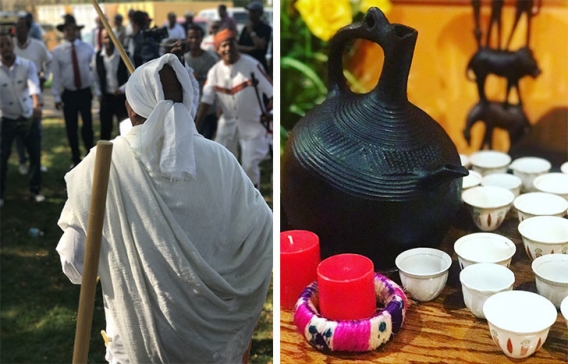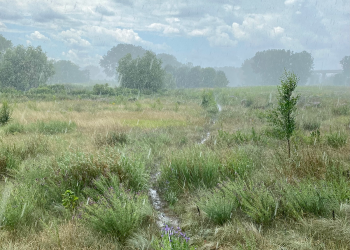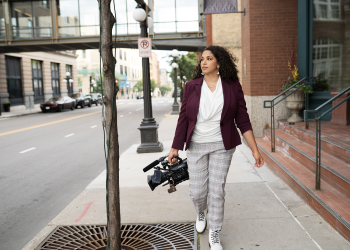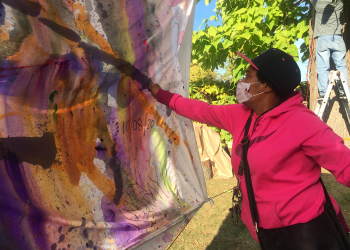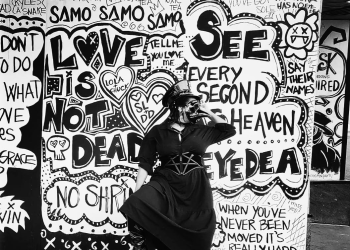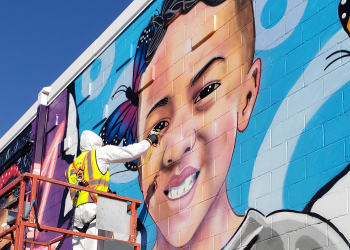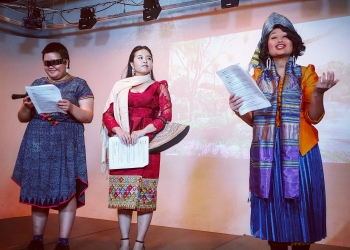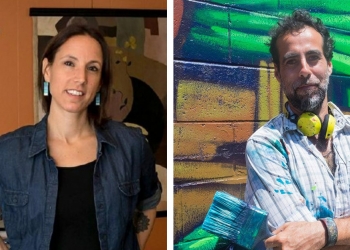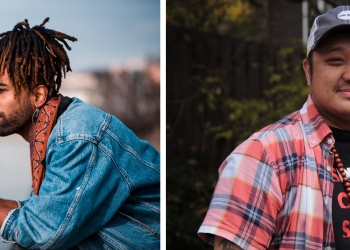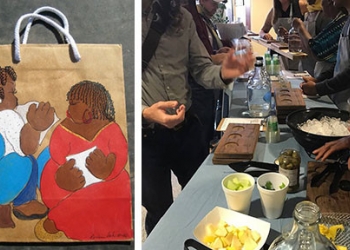Throughout the year, a collaboration of artists, youth, organizers, educators, elders, Oromo traditionalists, and musicians will be reclaiming the power of art forms that are intertwined with traditional Oromo forms of governance. Our sacred stories tell the linkages between poetry, coffee ceremony, basket weaving and the work of creating worlds where many worlds fit. Based in Little Oromia in Minneapolis’s Cedar Riverside community, the artists will host gatherings that center intergenerational dialogue with elders, to inform the works of young poets, local musicians as well as a policy toolkit. By learning from our elders, the artists see the power of making art that responds to the need for culture & healing as integral to the work of building democratic power.
About the artists:
Fayise Abrahim is a time traveling memoirist, poet, and science fiction writer. Raised in rural Minnesota, by a family of East African refugees, factory workers, and farmers her writing explores rural life and Black-futurisms. Her writing appears on the Minneapolis sidewalks of East Franklin, and 26th Street, the trails of St. Anthony Three Rivers Park District, as well as in the Break Beats Poet Anthology Volume II: Black Girl Magic. Addisu Furgassa and Adinan Mohammed are both first generation local Oromo artists who are storytellers, lyricists, singers, songwriters and musicians. They are both recognized as masters in traditional Oromo oral art forms. Brett Grant is local hip hop artist and director of policy and research at Voices for Racial Justice
